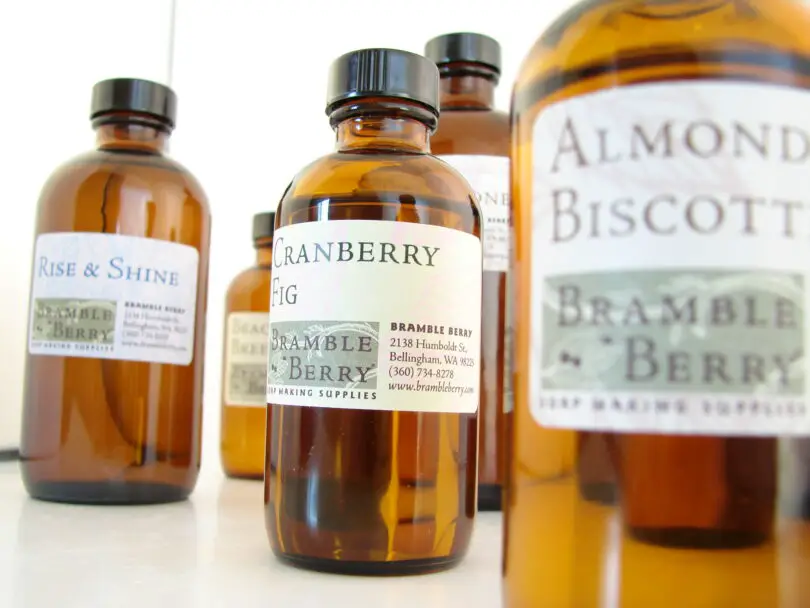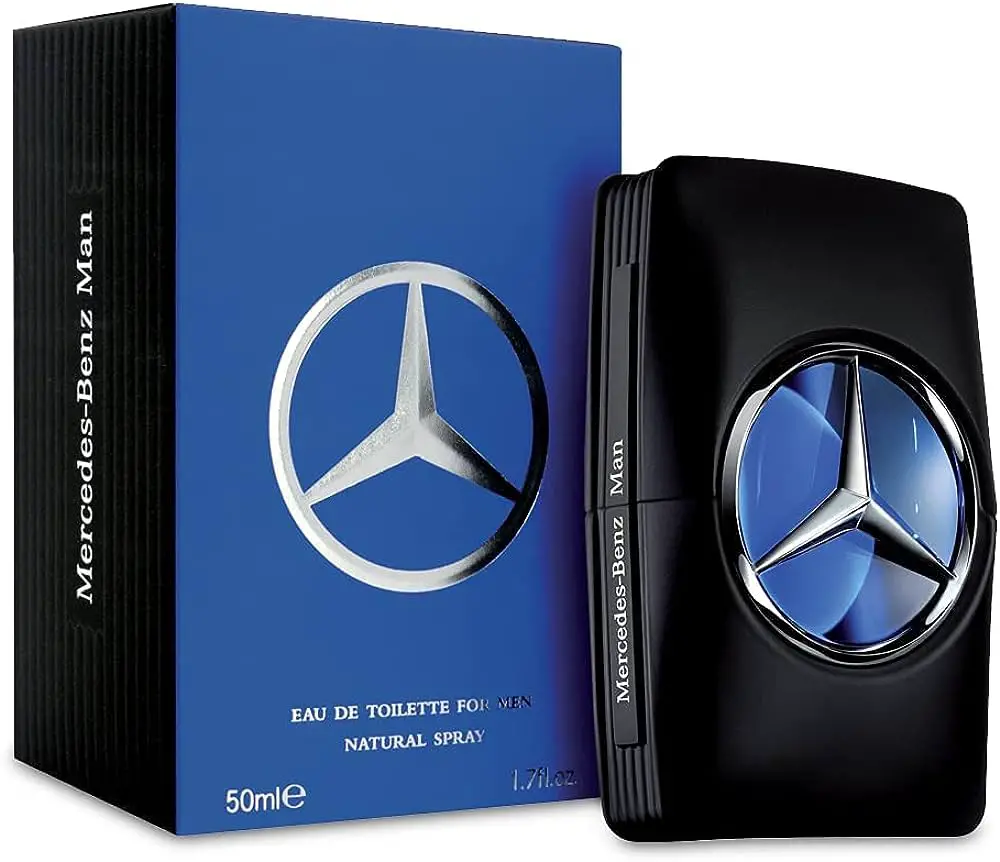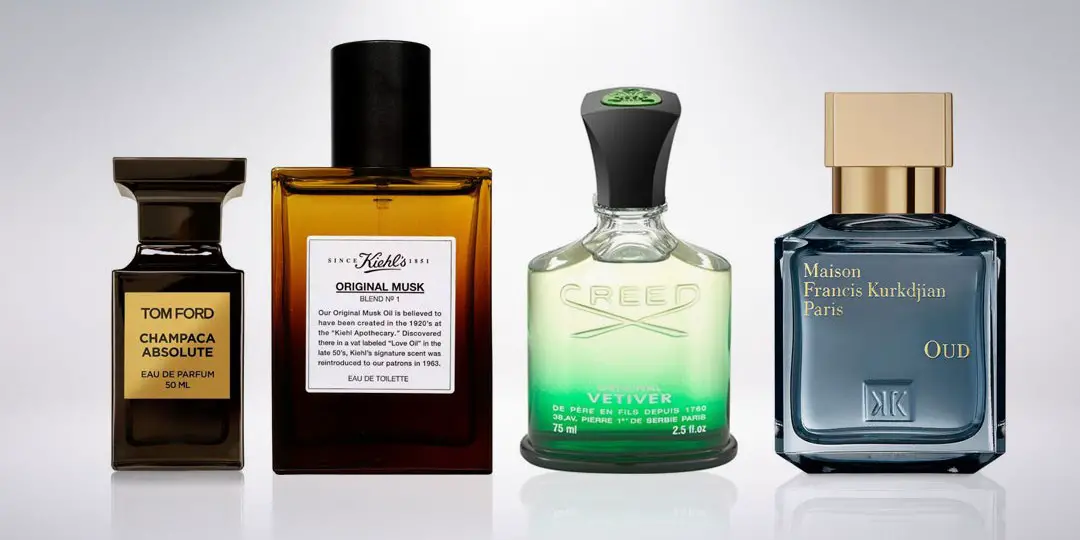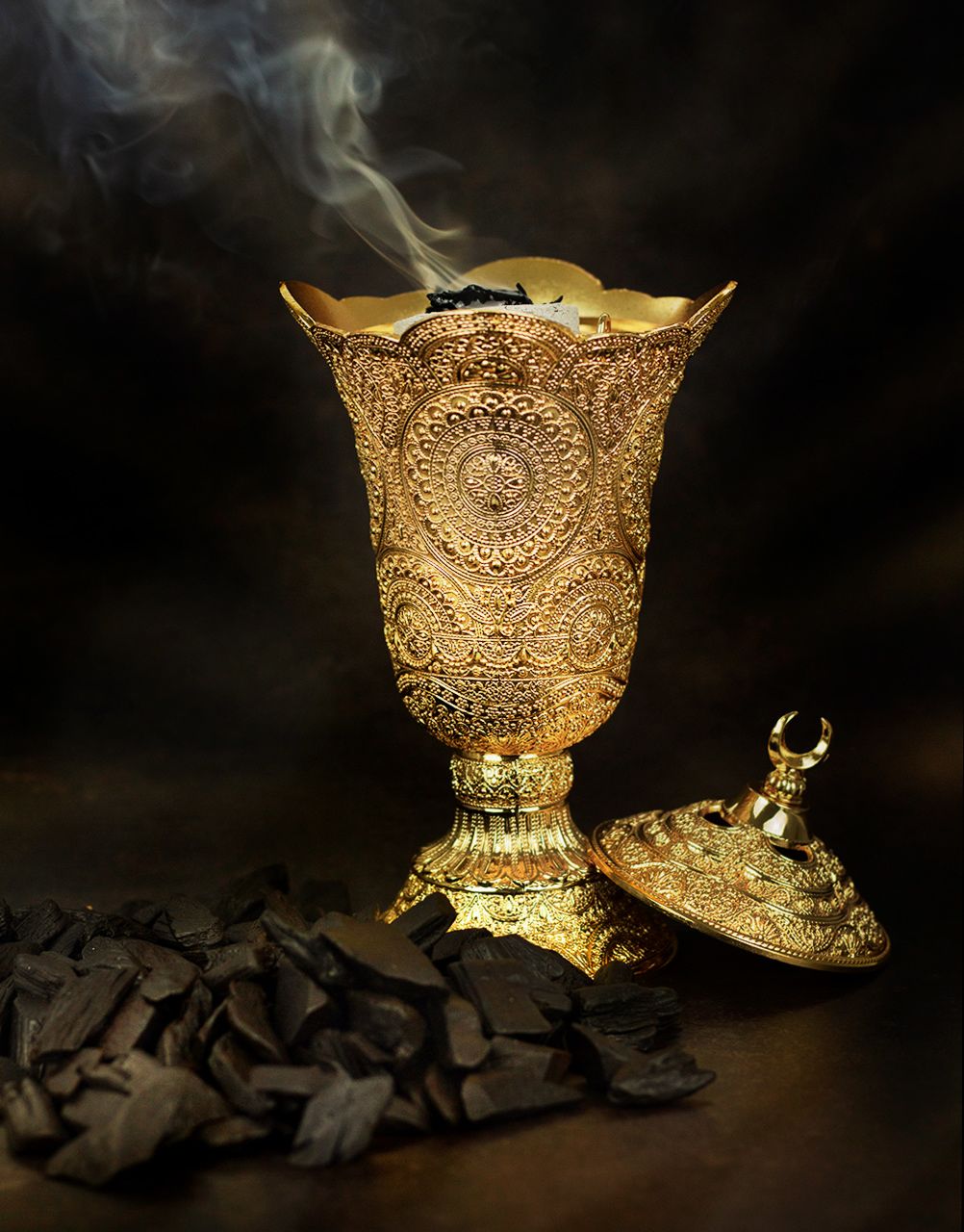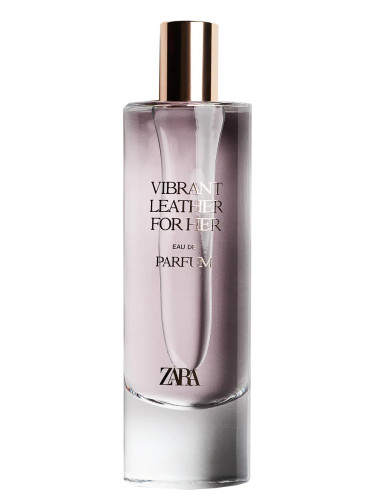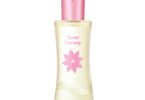Fragrance oils are made through a process of combining aromatic compounds and solvents, such as ethanol, to create scented liquids. These oils are often used in various products, including perfumes, candles, soaps, and lotions, to provide a desired scent.
The manufacturing process involves extensive research and development to carefully select and blend different fragrance notes, resulting in unique and appealing scents. Once the formula is perfected, the ingredients are mixed together and undergo rigorous quality testing to ensure consistency and safety.
Fragrance oils are an essential component in the creation of scented products, offering a wide range of aromatic options to suit different preferences and purposes.
The Basics Of Fragrance Oils
Fragrance oils are created through a process that combines natural and synthetic aromatic materials. They are used in a variety of products, including perfumes, candles, soaps, and lotions. Unlike essential oils, fragrance oils are not derived from plant materials and do not possess the therapeutic properties that essential oils are known for.
Instead, they are specifically formulated to mimic the scents of various natural substances. Fragrance oils come in a wide range of scents, from floral and fruity to woody and musky. They are carefully crafted to ensure a long-lasting and consistent fragrance.
Whether you’re looking to create your own unique scent or simply enjoy the pleasant aromas, fragrance oils offer a versatile option that can be used in various applications. Understanding the difference between fragrance oils and essential oils is important when selecting the right scent for your needs.
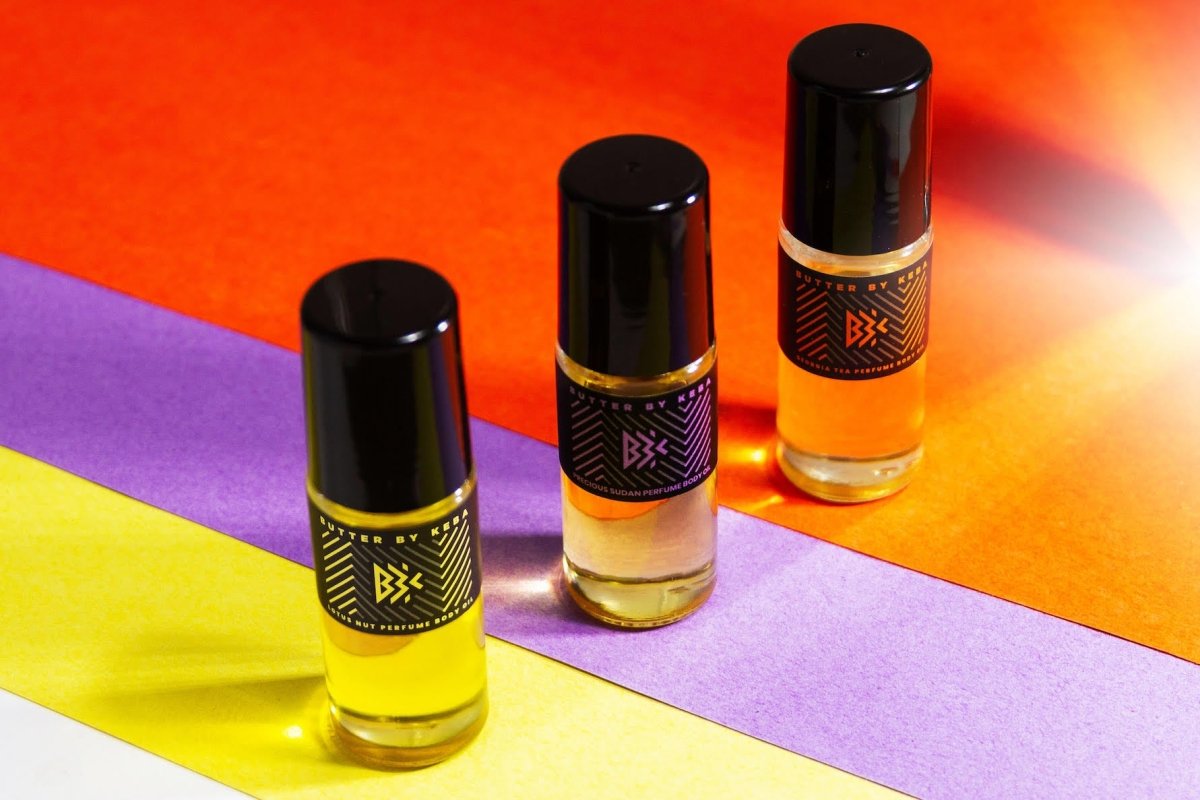
Credit: butterbykeba.com
The Fragrance Oil Manufacturing Process
Fragrance oils are created through a careful manufacturing process that involves sourcing both natural and synthetic ingredients. These ingredients are selected for their aromatic properties, ensuring the desired scent is achieved. Various extraction techniques are used to obtain the essential oils from plants, flowers, and fruits.
These techniques can include distillation, expression, and solvent extraction. Once the essential oils have been obtained, they are blended and formulated using specific methods to create unique and captivating fragrances. The blending process involves combining different oils to create a harmonious scent profile.
Additionally, formulation methods are used to ensure the fragrance oil is stable and long-lasting. By carefully following these steps, fragrance oil manufacturers are able to produce a wide range of scents that appeal to different preferences and needs.
Testing And Quality Control Of Fragrance Oils
Fragrance oils undergo rigorous testing and quality control measures to ensure their safety and compliance with industry regulations. These checks are of utmost importance in the production process. By conducting thorough fragrance testing, manufacturers can determine the scent’s longevity, intensity, and overall quality.
This testing helps create perfumes, candles, and other scented products that meet consumers’ expectations. It also ensures that the fragrance oils do not contain any harmful substances or allergens that could pose risks to users. Quality control protocols are in place to monitor each stage of the production process, from sourcing raw materials to blending and packaging the final products.
This attention to detail guarantees that the fragrance oils are of the highest standard and can provide a delightful sensory experience to those who use them.
Key Factors Influencing Fragrance Oil Production
Fragrance oils are made through various factors that affect their production. One crucial factor is the scent strength and longevity, which can be influenced by different elements. The raw materials used play a significant role in determining the final fragrance product.
The quality and combination of ingredients can enhance or diminish the scent’s overall effectiveness. Additionally, techniques used to develop fragrances cater to consumer preferences. By understanding what scents consumers enjoy, manufacturers can customize fragrance oils to meet their expectations. This involves creating blends and formulations that resonate with specific target audiences.
Ultimately, the process of making fragrance oils is a delicate balance between selecting the right ingredients and crafting scents that captivate the senses.
Innovative Techniques In Fragrance Oil Creation
Fragrance oils are made using innovative and advanced extraction methods that involve the utilization of new scent molecules and ingredients. These techniques allow for the creation of unique fragrances that cater to the latest industry trends and innovations in fragrance formulation.
By exploring different extraction methods, such as cold-pressing, steam distillation, and CO2 extraction, fragrance oil manufacturers are able to capture the essence of various aromatic ingredients, ensuring maximum scent concentration and longevity. This allows consumers to experience a wide range of captivating fragrances for various products, including perfumes, candles, soaps, and more.
The continuous pursuit of creating exceptional fragrance oils drives the industry forward, offering an extensive selection of scents that captivate and delight the senses. From classic combinations to intriguing new compositions, the world of fragrance oils is constantly evolving, providing endless olfactory possibilities for individuals seeking a memorable sensory experience.
Packaging And Marketability Of Fragrance Oils
Fragrance oils are made through a complex process involving expert blending of aromas. The packaging of these oils plays a crucial role in their marketability. Brands now focus on creating attractive packaging designs that catch consumers’ attention. Marketing strategies are essential to promote fragrance oil products effectively.
Understanding consumer preferences and identifying the target market are key factors in developing successful marketing campaigns. The right packaging and marketing strategies can make fragrance oils stand out in a competitive market.
Frequently Asked Questions Of How Are Fragrance Oils Made
How Do You Make Fragrance Oils?
Fragrance oils are made by blending different scented components together.
Are Fragrance Oils 100% Natural?
No, fragrance oils are not 100% natural. They are synthetic mixtures of aroma compounds.
Are Fragrance Oils Considered All Natural?
No, fragrance oils are not considered all-natural as they are synthetic and made with chemicals.
Do Fragrance Oils Have Chemicals In Them?
Yes, fragrance oils contain chemicals as they are formulated with synthetic or natural ingredients.
Conclusion
To sum up, fragrance oils are made through a complex process that combines artistry and science. By extracting oils from various natural sources, such as flowers, fruits, and spices, and combining them with synthetic compounds, scent experts create unique and captivating fragrances.
These oils are then carefully blended with other ingredients, such as alcohol or carrier oils, to create a final product that is suitable for use in perfumes, candles, and other scented products. The quality of fragrance oils is determined by the expertise of the perfumer and the care taken during the extraction and blending process.
Whether you’re interested in making your own scented products or simply curious about how fragrances are created, understanding the process behind fragrance oil production can help you appreciate the artistry and skill that goes into each bottle. So next time you catch a whiff of your favorite scent, you can marvel at the intricate process that brings it to life.

